What Do Contractors Need to Know About Mortgages?
Contractor Mortgages: Let Me Break It Down for You
If you’re a contractor, getting a mortgage can feel like jumping through hoops. But don’t worry—I’m here to guide you through it step by step, in plain and simple terms.
Can Contractors Actually Get a Mortgage?
Short answer: Yes, absolutely! Lenders get that not everyone has a 9-to-5 job these days. Contractors are part of the mix, and plenty of lenders offer mortgages specifically for people like us. The trick is knowing what they want and showing them you’re a safe bet.
What Do Lenders Want to See From Contractors?
Here’s the deal: lenders need to know you can keep up with the payments. They look at a few key things:
- Do You Have a Steady Income? They’ll want to see that you’ve been earning consistently, even if it’s not through a traditional job.
- What Type of Contract Do You Have? Rolling or renewable contracts are usually better than short-term gigs.
- How’s Your Credit History? If your credit’s solid, you’re in a much better position. Got bad credit? Don’t panic—there are options for mortgages even then.
- Do You Have a Big Deposit? Bigger deposits make lenders feel more comfortable, so it’s worth saving up as much as you can.
What Types of Mortgages Are Available for Contractors?
You’ve got options, just like anyone else:
- Fixed-Rate Mortgages: These are great if you want to know exactly what you’ll pay each month.
- Tracker Mortgages: These follow the base interest rate, which can be good or bad depending on what the economy’s doing.
- Offset Mortgages: Got savings? Use them to reduce the amount of interest you pay. Handy, right?
- Specialist Mortgages: Some lenders offer products just for contractors. A broker can help you find these.
What Do I Need to Be Eligible?
Most lenders will look for:
- Experience: Have you been contracting for at least 12 months? Two years is even better.
- Proof of Income: This could be payslips, bank statements, or invoices.
- Contract Details: Show them your current contract and any upcoming work.
- Credit Score: Keep an eye on your credit report and fix any issues before you apply.
What Documents Do I Need?
Here’s your checklist:
- ID: Passport or driving licence.
- Proof of Address: A utility bill works fine.
- Proof of Income: Bank statements, tax returns, or payslips.
- Contract Details: Your current and future contracts.
Can I Get a Mortgage if I’m New to Contracting?
Yes, but it’s trickier. Lenders might ask for:
- A bigger deposit (think 15% or more).
- Evidence you’ve worked in the same industry before.
- A pipeline of future contracts.
How Do I Improve My Chances?
Here’s how to make lenders love you:
- Keep Your Finances Organised: Have all your invoices and contracts in one place.
- Boost Your Credit Score: Pay your bills on time and sort out any errors on your credit report.
- Use a Broker: They know which lenders are contractor-friendly.
- Save a Bigger Deposit: The more you put down, the better the deals you’ll get.
- Avoid Gaps in Work: Keep your contracts rolling to show you’ve got steady income.
What Challenges Do Contractors Face?
Here’s where things can get tough and what to do about it:
- Irregular Income: Show them a solid average over 12-24 months.
- Lender Hesitation: Go for contractor-friendly lenders and provide all the paperwork they ask for.
- Short Work History: If you’re just starting out, it might be worth waiting a bit or saving a larger deposit.
Why Should You Use a Broker?
Honestly, brokers are lifesavers. They:
- Know which lenders are good for contractors.
- Help with your application to make sure it’s spot-on.
- Have access to exclusive deals that you can’t find on your own.
How Do Lenders Work Out What You Can Afford?
- Daily Rate: Some lenders take your day rate and multiply it by the number of working days in a year (usually around 46 weeks).
- Net Profit: If you’re self-employed, they’ll look at your net profit instead of gross income.
- Joint Applications: Applying with a partner? They’ll consider your combined income, which can help.
Top Tips for Contractors Applying for a Mortgage
- Start Early: Get your finances in order before you apply.
- Do Your Research: Not all lenders like contractors, so find the ones that do.
- Plan Ahead: Pick a mortgage that suits your long-term goals.
- Stay Organised: Keep all your documents handy.
- Get Help: A broker can make the whole process much easier.
Wrapping It Up
Getting a mortgage as a contractor isn’t as hard as it seems. As long as you’re prepared and know what lenders want, you’ve got this. Keep your finances steady, get your paperwork sorted, and consider working with a broker to make life easier. Before you know it, you’ll be signing those mortgage papers and moving forward with confidence.
